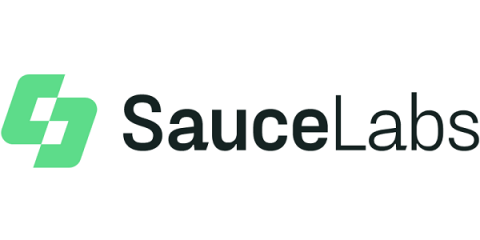7 Best Free Icon Libraries
The use of icons on our websites and apps enhances their visual appeal, navigability, and engagement for users. Most users are familiar with icons because they are recognizable patterns. Microphone icons almost always indicate voice commands or recording functionality in web or mobile applications. It is precise because icons are universal symbols that are useful. It is possible to completely replace text with icons in many cases.









